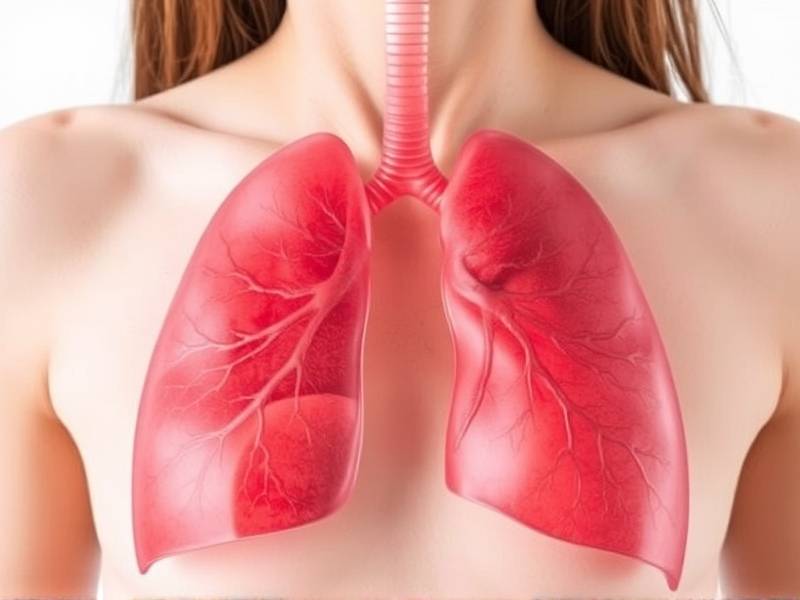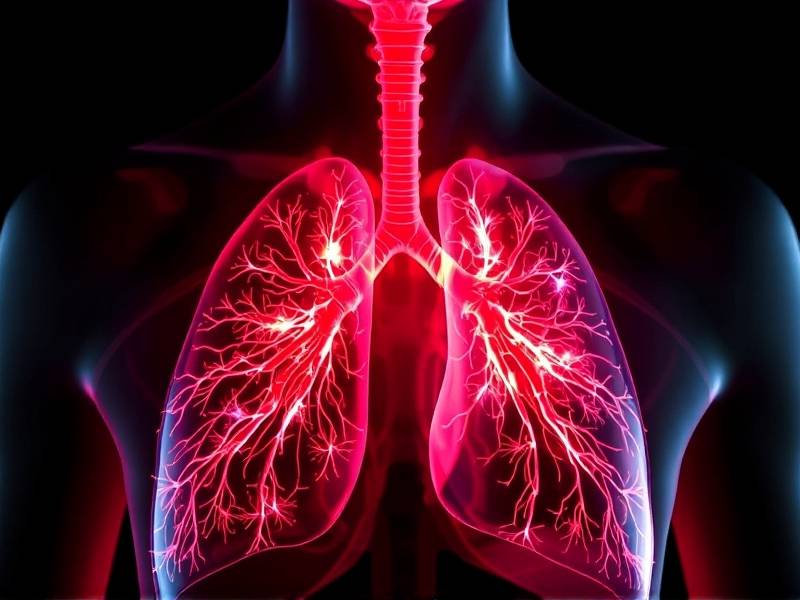Do Your Lungs Go Back to Normal After Quitting Smoking?
"Reviving Your Lungs: A Journey to Normalcy After Quitting Smoking"
Introduction: The decision to quit smoking is a monumental step towards a healthier life. Many smokers often wonder if their lungs can return to their normal state after years of smoking. This article delves into the remarkable journey of lung recovery post-quitting smoking, offering hope and insight to those on this transformative path.
Understanding Lung Damage from Smoking

Smoking is a leading cause of lung damage, leading to various respiratory issues such as chronic bronchitis, emphysema, and lung cancer. The lungs are complex organs that filter out harmful substances from the air we breathe. However, the inhalation of tobacco smoke causes inflammation and scarring, disrupting this essential function.

The First 48 Hours: Initial Detoxification
As soon as you quit smoking, your body begins the process of detoxification. Within the first 48 hours after your last cigarette, your carbon monoxide levels drop significantly. This initial phase marks the beginning of your lungs' recovery journey.
Weeks 1-3: Clearing Out Mucus
During the first few weeks after quitting, you may notice an increase in mucus production. This is a sign that your lungs are clearing out toxins accumulated over time. Breathing becomes easier as your airways start to relax.
Months 1-9: Improved Oxygen Supply
Over the next several months, your lung function continues to improve. Your oxygen capacity increases as your lungs become more efficient in exchanging oxygen and carbon dioxide with the bloodstream.
Years Post-Quitting: Long-Term Recovery
After years of quitting smoking, your lungs can significantly recover from damage caused by tobacco smoke. Research suggests that within 5-10 years post-quitting, the risk of heart disease and stroke decreases by half compared to continuing smokers.
Key Takeaways for Smokers Considering Quitting
- Your lungs have an incredible capacity for healing.
- The sooner you quit smoking, the faster your lungs can recover.
- Seek support from healthcare professionals or support groups during this journey.
- Adopt healthy lifestyle habits such as regular exercise and a balanced diet to aid lung recovery.
Conclusion: Quitting smoking is a challenging yet rewarding endeavor that offers numerous health benefits, including lung recovery. By understanding the journey ahead and taking proactive steps towards better health, you can breathe easier and embrace a healthier future. Remember that every step counts – start today for a lifetime of improved well-being!
